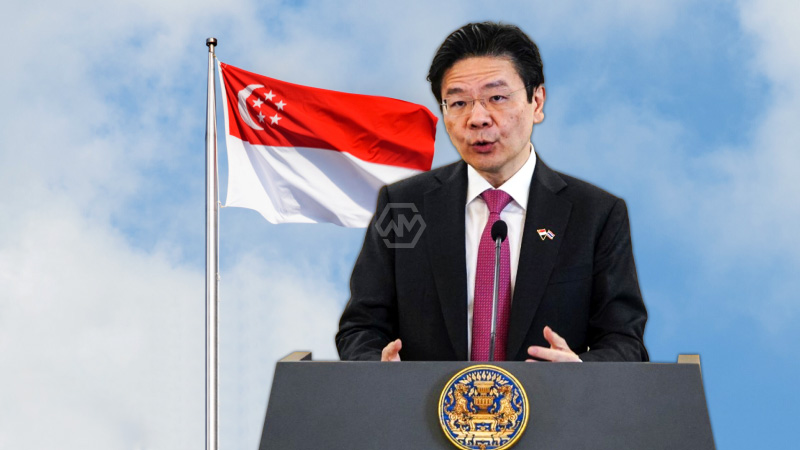- Parliament dissolved on April 15, 2025, by President Tharman Shanmugaratnam.
- Nomination Day set for April 23, with polling scheduled for May 3, 2025.
- This will be Prime Minister Lawrence Wong’s first general election after taking office.
Singapore has dissolved its Parliament ahead of its 14th general election, marking a pivotal moment in the country’s political history. This election will test Prime Minister Lawrence Wong’s leadership after his succession of Lee Hsien Loong in 2024.
Key issues such as the rising cost of living, job security, and unemployment are expected to dominate the campaign. The PAP’s performance in the 2020 general election, where it secured 61.24% of the vote, will be a critical factor in shaping the 2025 results.
Singapore’s General Election: A Crucial Test for Prime Minister Lawrence Wong
On April 15, 2025, Singapore’s Parliament was officially dissolved, paving the way for the country’s 14th general election. This marks the first electoral test for Prime Minister Lawrence Wong, who succeeded Lee Hsien Loong in 2024. The dissolution of Parliament allows for the formal election process. Nomination Day is scheduled for April 23 and Polling Day set for May 3, 2025.
The ruling People’s Action Party (PAP) has governed Singapore since its independence in 1965. In the 2020 election, the PAP won 83 out of 93 parliamentary seats, with 61.24% of the vote. With 97 seats available in this upcoming election, the party faces challenges to hold its dominance. This marks a significant moment for Wong, as he attempts to steer Singapore through a period of domestic and global uncertainties.
Voter concerns heading into the election include rising costs of living, job security, and unemployment. These issues are at the forefront of discussions, and the results of the 2025 election may be shaped by the government’s handling of these challenges. Candidates will have nine days to campaign. There will be one “cooling-off day” before polling, in which voters are encouraged to reflect on their choices.
International issues, particularly U.S. tariffs, have added complexity to the political landscape. Prime Minister Wong has voiced his disappointment in the U.S. policies. He stressed the deep and longstanding ties between Singapore and the United States. As the election nears, the global economic climate will likely play a role in shaping voter perceptions of the ruling party’s effectiveness.
As Singapore prepares for its general election, Prime Minister Wong’s leadership is under scrutiny. With a range of economic and global issues influencing voter sentiment, this election will test the PAP’s ability to maintain its long-standing hold on power.
“We are very disappointed by the U.S. move, especially considering the deep and longstanding friendship between our two countries.” — Prime Minister Lawrence Wong on U.S. tariffs.



